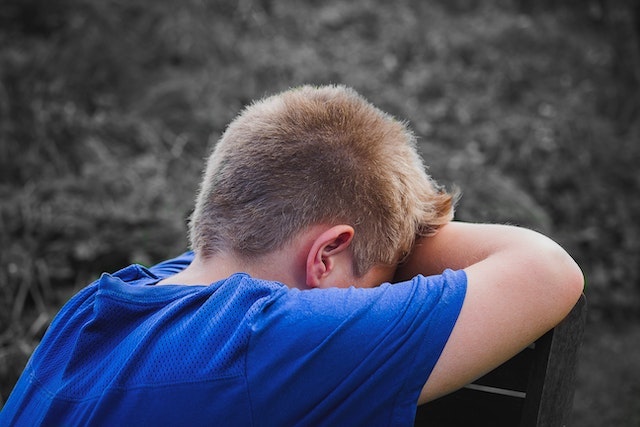How Divorce Affects Children and Their Experience at School
Content provided by legal writers
Divorce is a stressful process that no family wants to go through. It affects thousands of households today, and children continue to get caught in the conflict. Still, many divorced parents want their kids to continue with their lives. That means attending school daily, making new friends, and trying their best to excel.
However, those are easier said than done, especially for children going through complex problems at home. Keep reading below to learn how divorce affects children’s performance at school.
Lack of Socialization
School is vital for children to develop their communication and social skills. Achieving positive social relationships helps boost a child’s overall educational performance. It also helps children feel more successful as they grow.
Family is an essential social structure taught in schools. Unfortunately, such knowledge could make other kids think having a broken family is wrong. That might make children with divorced parents distance themselves socially.
They might become afraid or ashamed. Plus, these kids could also become reluctant to connect with others. Particularly with children who don’t have such problems.
Furthermore, having divorced parents can affect children beyond school. In extreme cases, these kids could grow doubtful about marriage and having a family.
Becoming Emotionally-Sensitive
Divorce is a complicated family matter that takes time and effort. Adults may be able to manage the stress of the process. Their children, however, may not.
Witnessing a significant disruption in the family could be emotionally distressing for children. They might get confused, anxious, and angry as they transition to a new living situation. They will need someone to talk to and someone who will listen.
Unfortunately, separation means dealing with divorce lawyers, which can be tedious. Some parents might become unavailable at home, making the problem harder for kids.
Children might feel guilty and blame themselves for the separation. This feeling could escalate and trigger other problems, like depression.
Some children could also develop behavioral problems. They could act out, bully others, and skip school. When kids feel overwhelmed, they sometimes don’t know how to handle their emotions. They may feel irritable or angry,
They might display anger at their friends, siblings, or their parents. They might even feel angry at themselves.
Without guidance, these kids might try destructive activities to cope. They might turn to different vices, like drinking or smoking.
Lower Educational Desires
Adapting to significant changes, like a divorce, could influence a child’s educational motivation. Living in a new environment could be daunting for them. It might take them a while before they get their studying groove back.
Some affected children could lose interest in school. Others are even less likely to complete high school or college.
The Stress Of Divorce On Children
Divorce is complicated for every family. However, it’s much worse for those who have yet to grasp the entire concept of marriage.
Separation of parents has a significant impact on children. They might become less social and make fewer efforts on everything.
Such changes could even create issues that will affect them later in life. It’s best to watch over them and guide them through the process. Being alone at such a time is the last thing they need.
This content is provided by an independent source for informational purposes only and does not contain legal advice. Consult an attorney or financial advisor when making decisions. This information is provided by legal writers and does not reflect the views or opinions of The Daily Sundial editorial staff.





